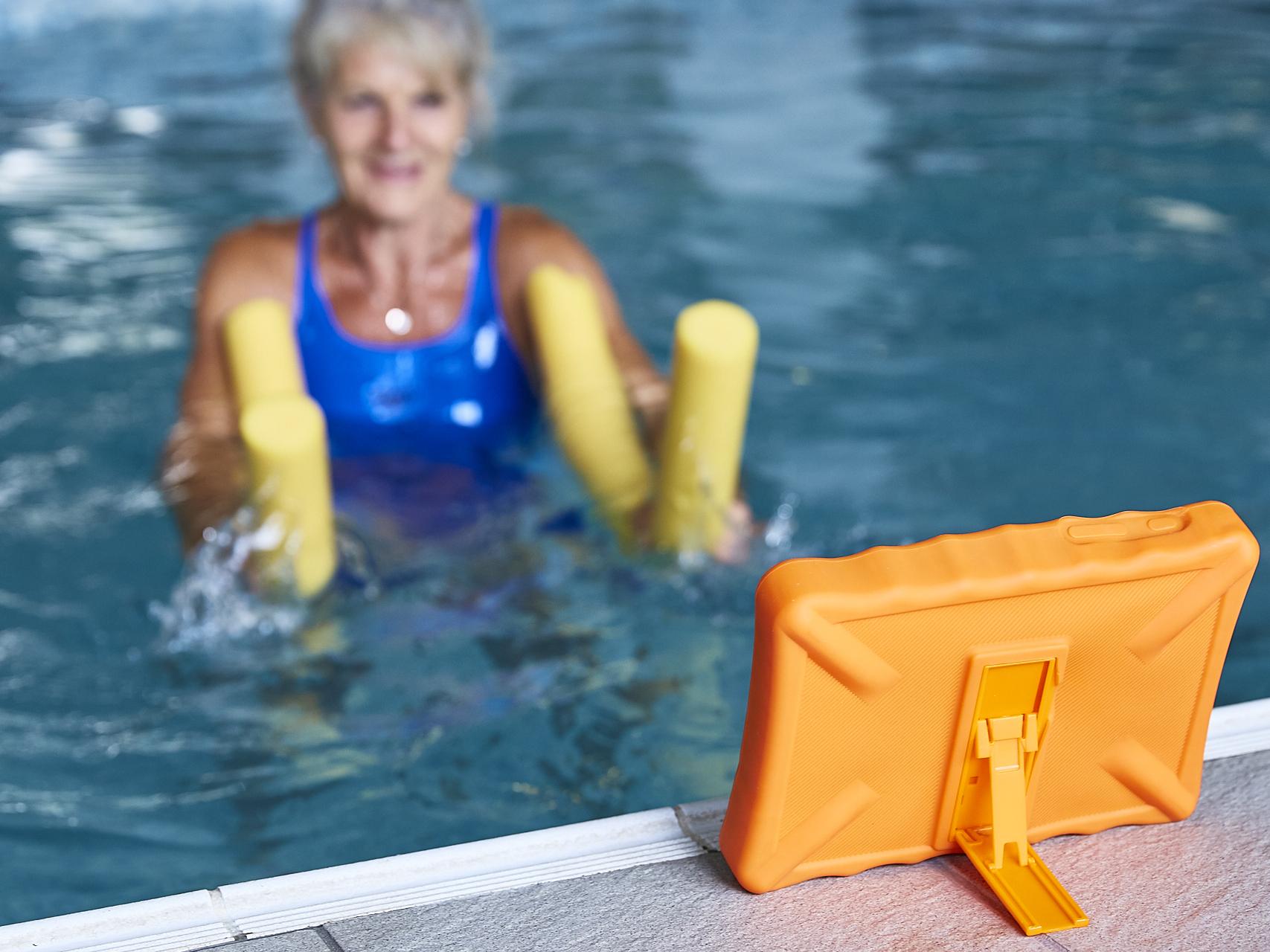A two-year research project will investigate how to transform leisure facilities into musculoskeletal (MSK) hubs which can be accessed in every community.

More than 20 million people in the UK have a problem relating to an MSK condition, such as arthritis, chronic pain or a knee replacement. The COVID-19 pandemic has led to a backlog of people, primarily over 50-years-old, who would benefit from support to manage their condition due to physical inactivity and limited access to non-emergency appointments.
Good Boost, ukactive, Orthopaedic Research UK, ESCAPE-pain and Arthritis Action have joined forces to tackle the issue, securing £1.4m of funding from UK Research and Innovation (UKRI) as part of the Healthy Ageing Challenge.
The consortium aims to design a system-based approach to better integrate leisure facilities within the nation’s healthcare infrastructure, turning them into a locally accessible network of community ‘MSK hubs’.
The project will test the delivery of accessible and affordable personalised services for exercise, rehabilitation, wider wellbeing support and education. The programme will be piloted in swimming pools and leisure centres across the UK, and at home through a virtual community support app.
The aim is to reduce health inequalities and the burden on the NHS by providing local, supported, self-management options for people to better maintain mobility, physical function and reduce pain through exercise.
MSK conditions can affect the muscles, joints, ligaments and nerves, and range from a knee injury to back pain and arthritis, making them the primary cause of disability globally and accounting for the third-largest area of NHS spend – around £5bn annually.
The industrial research project was designed following 18 months of insight gathering and co-design with older adults living with MSK conditions, healthcare professionals and leisure operators within ukactive’s membership. A key emphasis of the project is the co-design and co-production with these groups to iterate the solution over the duration of the project.
The consortium will also investigate the business case behind delivering MSK services within leisure facilities in order to understand the returns for the economy and population health.Where successful, the project learnings and model has the potential to be scaled up across the UK’s leisure centres to standardise supported-self management options for other long-term health conditions, such as diabetes and cardiovascular disease. This could play a key role in further reducing the burden on the NHS and support more people in self-managing their own health.
By creating a blueprint for transformation, the consortium hopes to enable any leisure centre or community facility to integrate services to support older adults in maintaining and improving their health and wellbeing.
“The projections for NHS waiting lists show that things are going to get even worse over the coming years, but the potential within this project means we could start reducing that pressure significantly over the long-term,” said Huw Edwards, CEO of ukactive.
“We have a golden opportunity to integrate the fitness and leisure sector into the healthcare system in every community, providing millions of people with access to expert support and incredible facilities to ease their pain through regular physical activity.